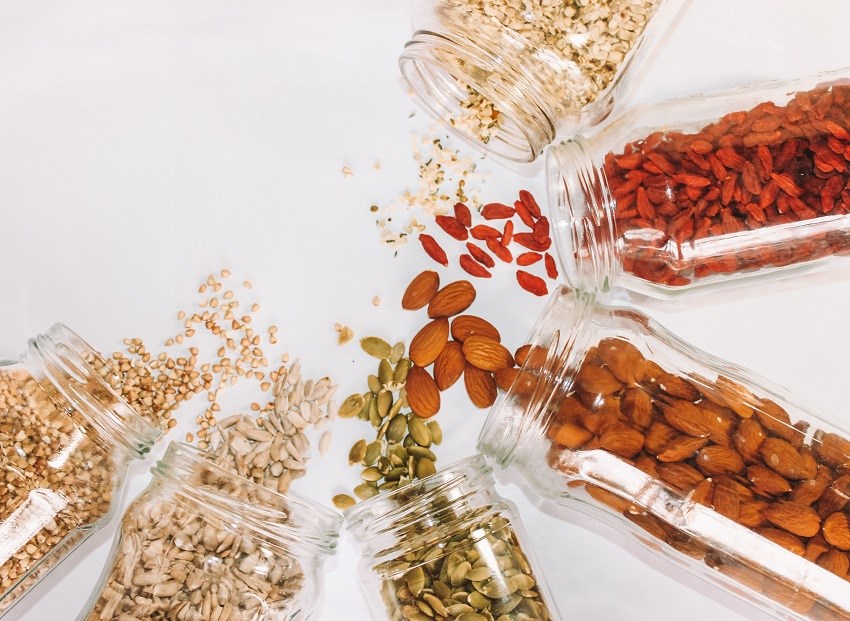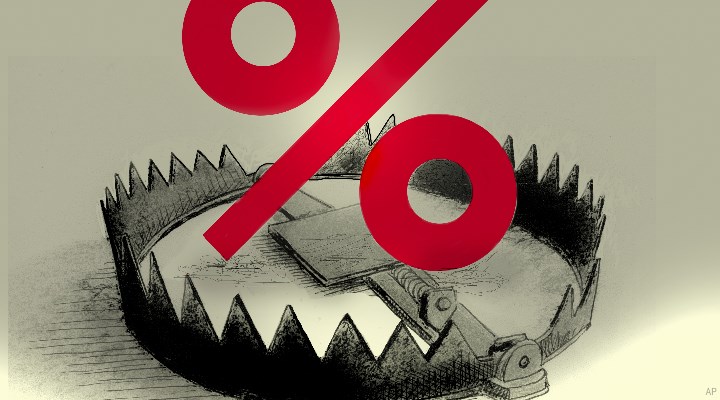
The ongoing war in Ukraine, sanctions on Russia, elevated inflation and the threat of a fresh covid outbreak have created a perfect storm of global economic weakness. Economies around the world are taking desperate measures to contain the damage in a battle that may last multiple years.
The World Bank’s latest economic update has raised the alarm of bleak economic prospects for the foreseeable future. The Bank projects global GDP growth to decelerate dramatically from 5.5% in 2021 to 4.1% in 2022 and further to 3.2% in 2023.
As expected, consumers have responded by curbing or cutting most of their discretionary and non-discretionary spending.This may be a cue for investors to turn their attention to sectors that enjoy relative immunity from a weaker economic outlook. The following consumer defensives may fit the bill for some.
Leading warehouse club Costco (COST) has 815 stores worldwide with the bulk of its sales derived from the U.S. (72%) and Canada (14%). It sells memberships that allow customers to shop in its warehouses, which feature low prices on a limited product assortment. Food and sundries account for 40% of its sales, and about 7% of Costco’s global sales come from e-commerce.
“With a besotted member base, low-frills warehouses, and growth opportunities at home and abroad, we expect Costco’s durable competitive advantages to lead to consistent, strong performance despite retail’s upheaval,” says a Morningstar equity report.
Costco’s membership renewal rates in the U.S. and Canada have remained at an enviable 90%, despite the onslaught of the COVID-19 outbreak, economic weakness, and competitive pressures.
“With ample opportunity to expand globally, we expect Costco to post consistently strong returns even as it grows,” says Morningstar equity analyst Zain Akbari, who doesn’t expect the pandemic to materially affect Costco’s long-term standing.
Costco’s wide economic moat, or durable competitive advantage, stems from its intangible assets and cost advantage. With a membership model that features high renewal rates, the firm is “well-positioned for decades to come,” says Akbari who recently raised the stock’s fair value from US$447 to US$471, reflecting strong second-quarter earnings.
Costco’s e-commerce efforts position it well to benefit from consumer preference for online shopping. “While the digitization of retail has strained all traditional sellers, Costco is better positioned than most considering its large product sizes and the shipping costs associated with delivering such items directly to homes,” Akbari adds.
U.S.-based refiner Ingredion Inc. (INGR) makes ingredients for the food, beverage, paper, and personal-care industries. Sweeteners account for about 35% of sales, starches around 45%, and co-products the rest. Ingredion has a multinational footprint with North America accounting for 60% of sales, while South America (15%), Asia-Pacific (15%), Europe, the Middle East, and Africa (10%) make up the rest.
The company classifies its products as either core or specialty ingredients. “In 2021, specialty ingredients generated a third of companywide sales and, by our estimation, 50% of profits,” says a Morningstar equity report.
While core ingredients are typically commodity-grade, providing no pricing power for Ingredion, specialty ingredients are value-added and require proprietary formulations. “They typically command twice the gross margins and double the sales growth of core ingredients,” says Morningstar equity analyst Seth Goldstein.
Demand for Ingredion’s core ingredients is projected to grow at a low-single-digit rate, whereas specialty ingredients volumes could grow in the mid-to-high single digits. Accordingly, the company has been investing aggressively “in specialty ingredients, starch-based texturizers, plant-based proteins used in alternative meat products, and specialty sweeteners such as stevia and allulose,” notes Goldstein, who puts the stock’s fair value at US$120, and forecasts 4% annual top-line growth through 2026.
Management says Ingredion is ramping up its plant protein production and improving the profitability of PureCircle, the natural sweetener company Ingredion acquired a couple of years ago. “Combined with the company's specialty starch portfolio, higher volumes of these specialty ingredients should drive profit growth and long-term margin expansion,” asserts Goldstein.
The purveyor of globally loved beer Budweiser, Anheuser-Busch InBev (BUD) is the largest brewer in the world and one of the world's top five consumer product companies, by EBITDA. The company's portfolio contains five of the top 10 beer brands by sales and 18 brands with retail sales of over US$1 billion. It holds a 62% stake in Ambev.
AB InBev has been acquisitive, making transformative deals over the years. The company more recently acquired Grupo Modelo, Oriental Brewery, and SABMiller. “Management's strategy is to buy brands with a promising growth platform, expand distribution, and ruthlessly squeeze costs from the business,” says a Morningstar equity report.
These and previous acquisitions have “created a monster with vast global scale as well as regional density,” the report adds.
AB InBev has one of the strongest cost advantages in Morningstar’s consumer defensive coverage and is among the most efficient operators. The company’s significant fixed cost leverage and procurement pricing power are built on a vast global scale and its monopoly-like positions in Latin America and Africa.
“This plays out in the firm's excess returns on invested capital and best-in-class operating and cash cycles, asset turnover ratios, and working capital management,” says Morningstar equity analyst Philip Gorham, who appraises the stock’s fair to be US$90 per ADR, implying a free cash flow yield of 4%.
Wide-moat AB InBev boasts strong growth prospects in several of its markets, particularly in Latin America and Asia, which combined account for nearly two-thirds of consolidated EBIT, adds Gorham.






















